The Power of Risky Play
In today’s world, the word risk often brings up fear. But in forest school, risk is a vital teacher. Climbing logs, balancing on rocks, using real tools — these aren’t just wild activities. They’re how children learn to listen to their instincts, test their limits, and build inner strength.
At Salmon Forest, we intentionally create what we call a "yes space" — an environment that welcomes challenge, exploration, and movement. It’s not about saying yes to everything, but about saying yes to their growth. We trust children to try, and we stay close to support, not control. This kind of trust is rare, and children feel it — they rise to it.
The Language of Trust: Practitioner, Not Teacher
In this space, I choose to call myself a practitioner rather than a teacher. Why? Because I’m not the one delivering all the knowledge. I’m here to observe, guide, and co-learn alongside the children. They are the experts in their own bodies and needs. I don’t tell them what they can or cannot do — I help them discover it for themselves, safely.
One Rope, One Lesson for Life
There’s one story I always carry with me. A little boy once joined our program and found a piece of cedar bark. Without prompting, he began twisting it into a rope. He would run through the forest, climb and play, then come back to our "classroom" — a quiet forest spot — to continue his rope project.
He was focused, calm, and determined. He took breaks when he needed to. He asked for help when he got stuck. This rhythm of freedom and return, of movement and making, was beautiful to witness.
One day he told me why he was making the rope.
He said, “I fell off a cliff once, when I was swimming on a trip with my family. I think if I had a rope, I could help myself next time.”
He wasn’t scared or upset as he spoke. In fact, he was proud.
Proud that he had turned that past experience into motivation.
Proud that he was finding his way to feel safer and more prepared.
That’s the power of risky play.
Not just physical risk — but emotional risk, too. The risk of trying, of failing, of imagining the world differently and stepping into it with confidence. This little boy wasn’t afraid of the forest. He trusted it. And more importantly, he was learning to trust himself.
Why Risky Play Matters
When we give children the chance to take thoughtful risks, we give them the chance to:
Build self-awareness and confidence
Develop physical coordination and resilience
Learn from mistakes in a safe, supportive space
Foster problem-solving and critical thinking
Trust their own instincts and boundaries
In forest school, we don't eliminate risk — we embrace it with care. We walk alongside children, not ahead of them, as they learn what they’re capable of.
And every time they climb that log, balance on that beam, or twist cedar into rope, they’re telling themselves: I can do hard things.
